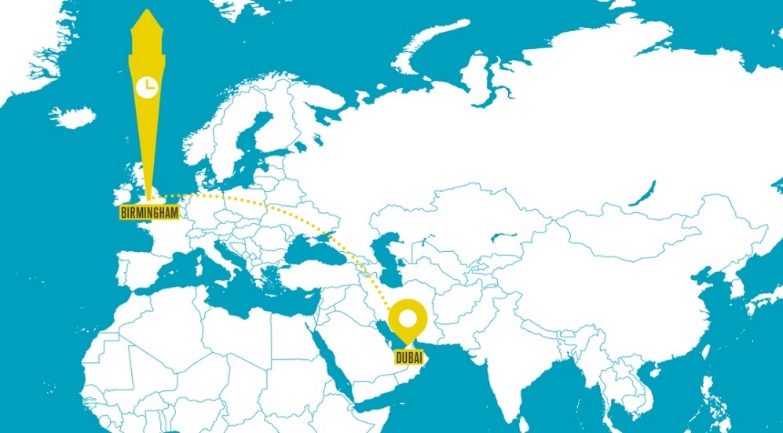As the University increases its global presence through the development of overseas campuses, the challenge for the University is how its values translate in countries that have significant legal, social and cultural differences to the UK.
In addressing this issue, our approach has been to find common ground between the values of tolerance and inclusion in Dubai society and our own equal opportunities ethos in fairness and equality, aligned to the need to ensure, as far as is possible, the safety of our students, staff, and visitors. We believe that a diverse and inclusive institutional culture, where everyone feels dignified, valued and free from harassment and bullying, makes an open, productive and intellectually challenging learning and working university environment.

Our equal opportunities ethos positions the University of Birmingham’s commitment to equality as a global value that will inform all of our international operations. However, global value is not an exemption from local laws. It means that whatever the legal, social and cultural norms of the operating country, we will provide a working and learning environment based on equality, dignity, and respect for all, and will expect all members of our community to adhere to these values in their interactions with each other. If members of our community feel they are being treated unfairly on the grounds of any of the characteristics listed in the University’s charter, they will have recourse to the same grievance and complaints processes as they would in the UK.
We also recognise the legal, social and cultural differences between the UK and UAE. There are limits to the extent to which the University, its students, staff, and visitors can safely be advocates for change within a society. For example, while we will treat students and staff of all sexual orientations and gender identities fairly, equally and with dignity and respect within our operation and campus, we would not as an institution participate in a public campaign, as we could in the UK, as this is seen as an illegal activism and the safety of our students and staff remains our priority.